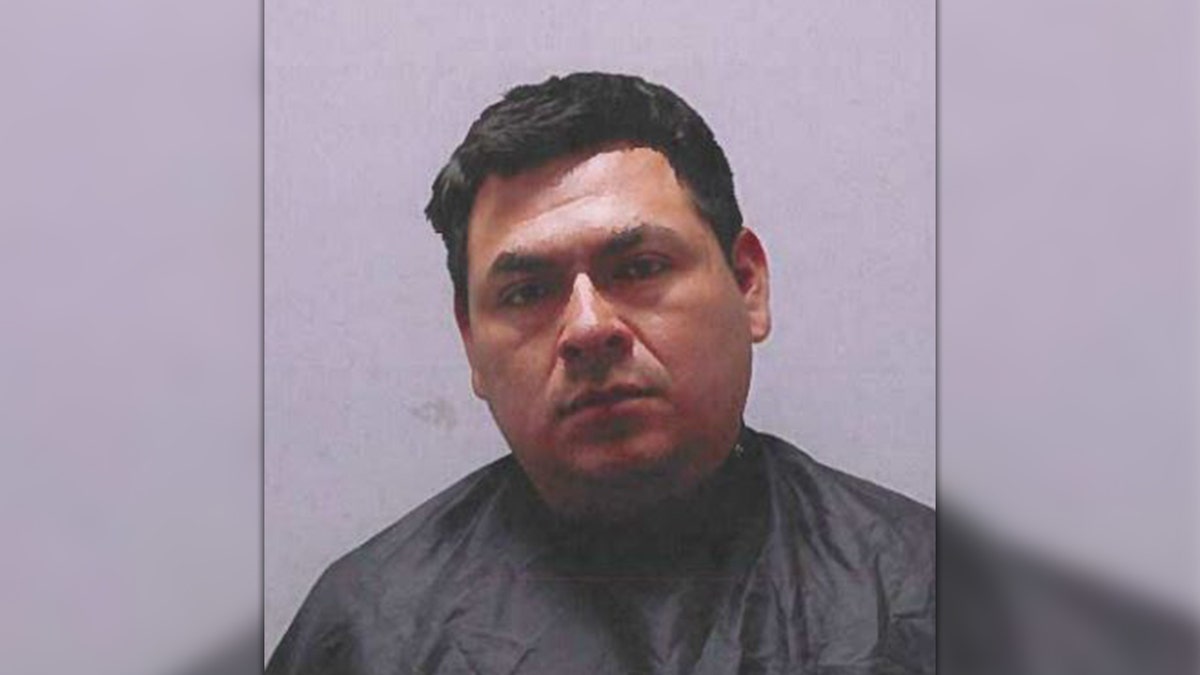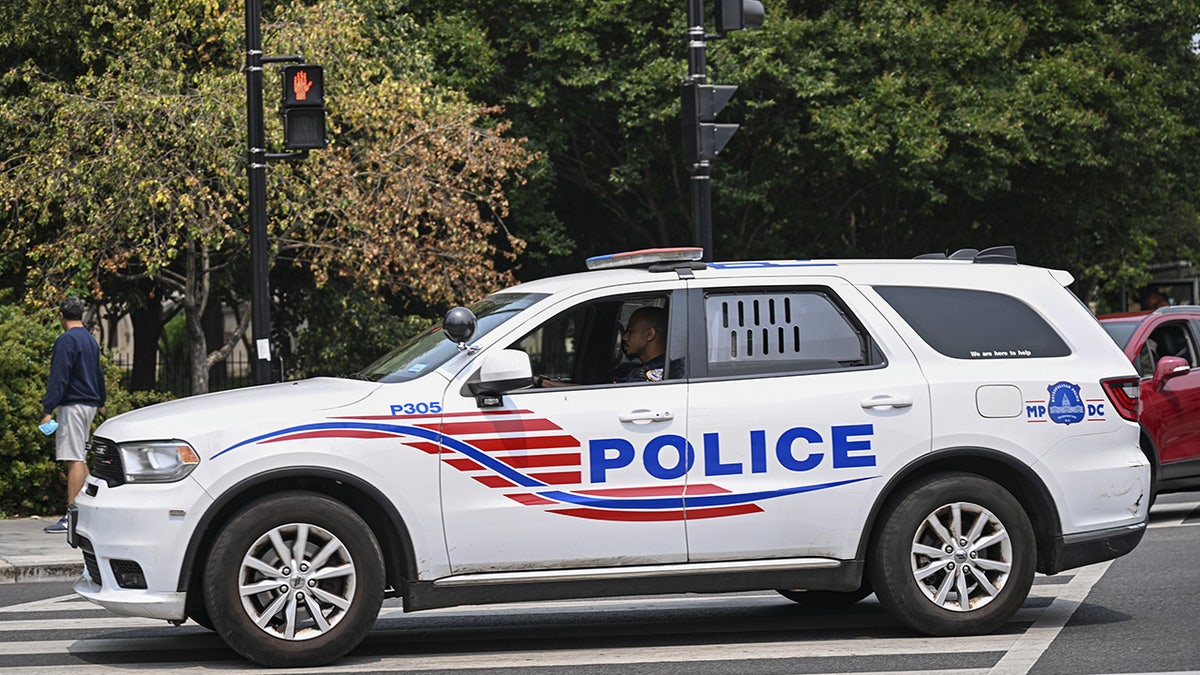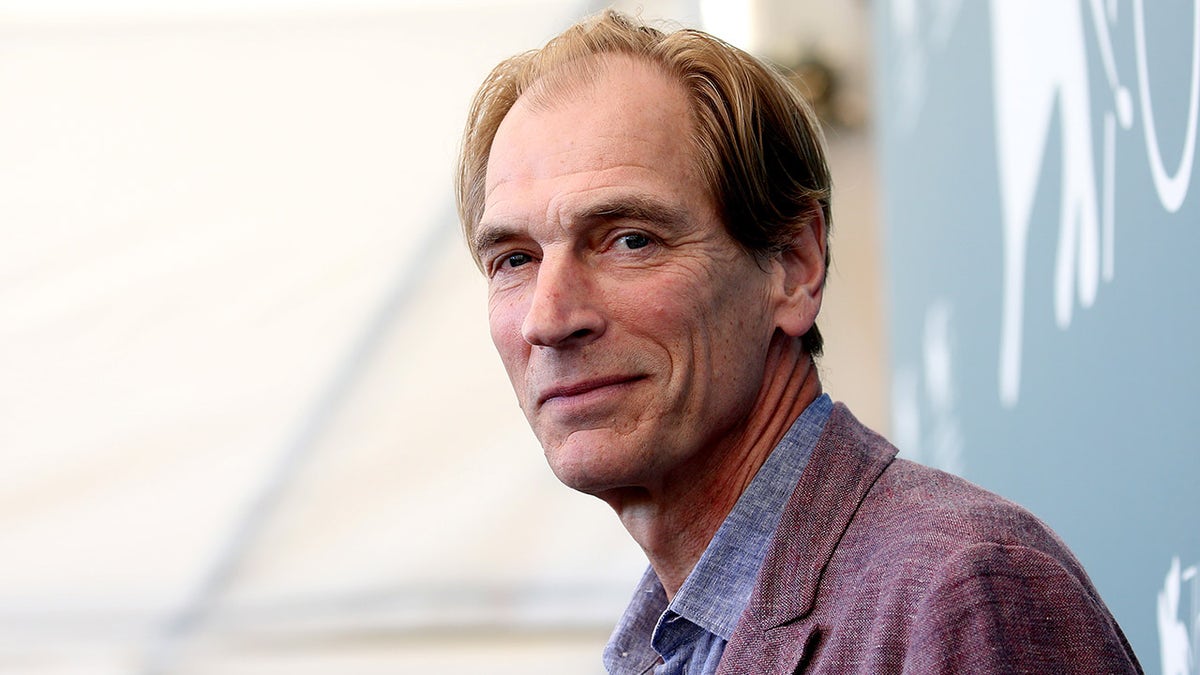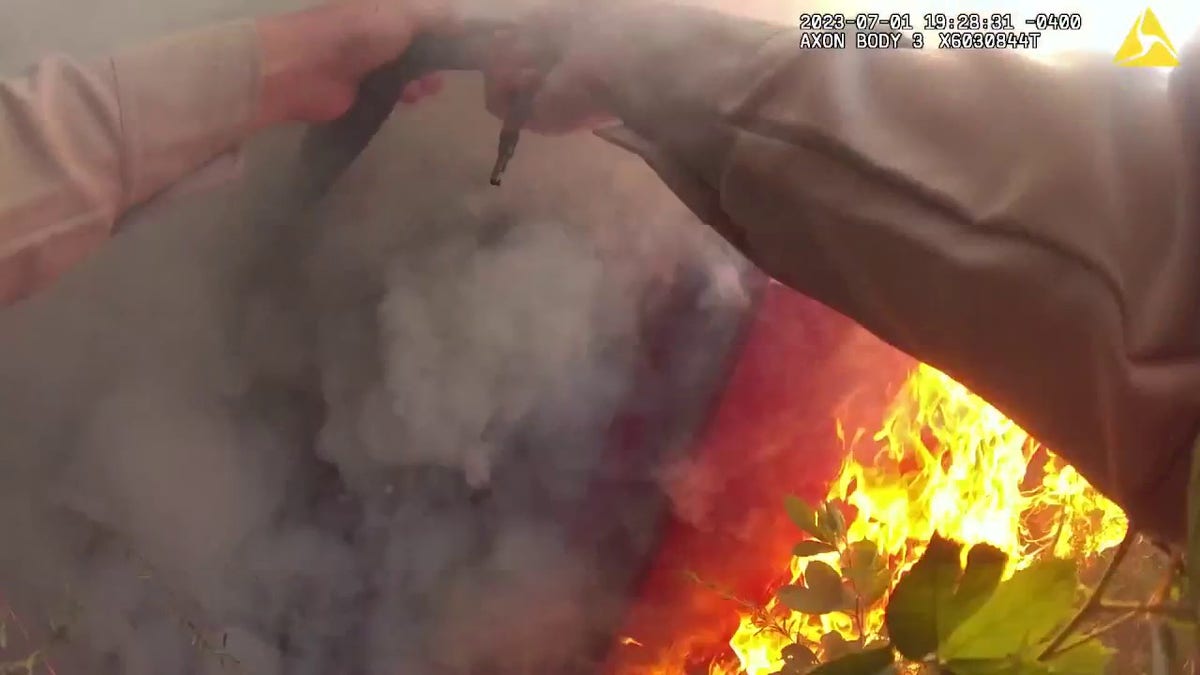Iowa's political landscape has undergone a significant shift in recent years, transitioning from a key battleground state to a Republican stronghold. This transformation is evident in the GOP's control of the governorship, both legislative chambers, and the entire congressional delegation.
Governor Kim Reynolds has spearheaded numerous conservative legislative victories, including a controversial abortion law that bans most abortions after six weeks of pregnancy. This law, along with others concerning gender transition treatments for minors, school choice programs, and child labor regulations, reflects the Republican Party's efforts to solidify Iowa's conservative identity.
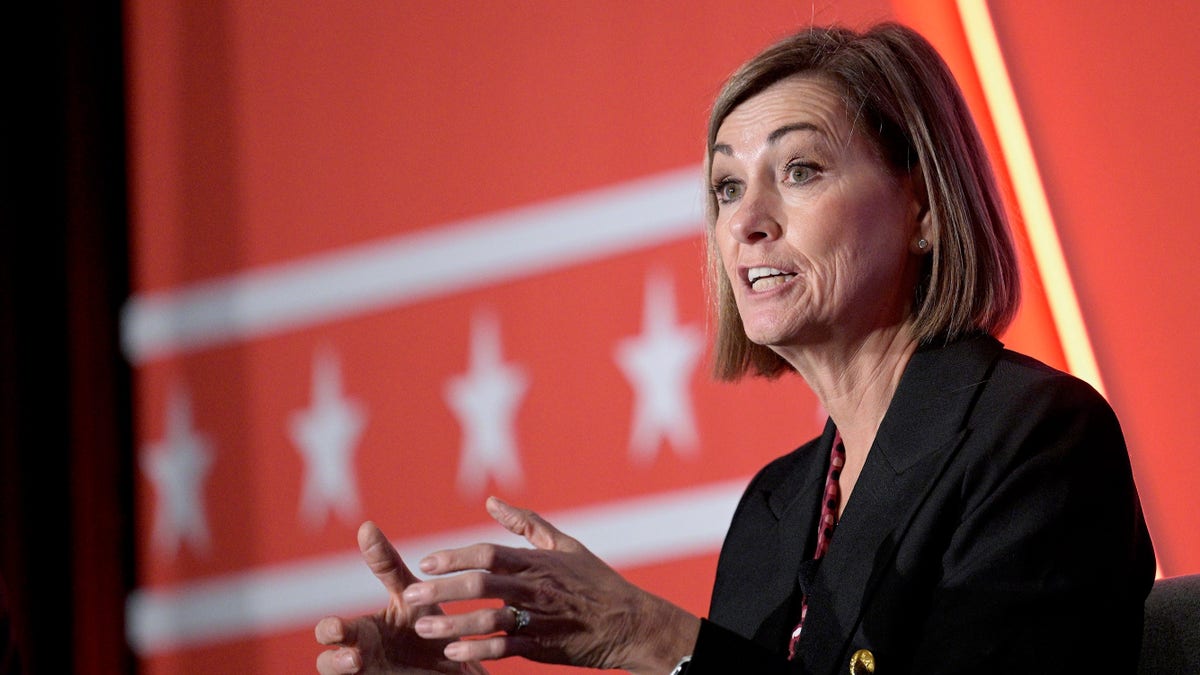
This shift contrasts sharply with Iowa's political past. Democrats held the governor's office for twelve consecutive years and one U.S. Senate seat for three decades. However, Democratic success has waned, with their last gubernatorial win in 2006 and Senate victory in 2008. Even in presidential elections, Iowa, which favored Barack Obama in 2008 and 2012, has swung towards Republican candidates like Donald Trump in 2016 and 2020.
This political realignment has been attributed to several factors, including a shift in voter demographics, particularly among white working-class voters in traditionally Democratic areas along the Mississippi River. The Democratic Party's progressive leanings have seemingly alienated some of these voters, pushing them towards the Republican Party.
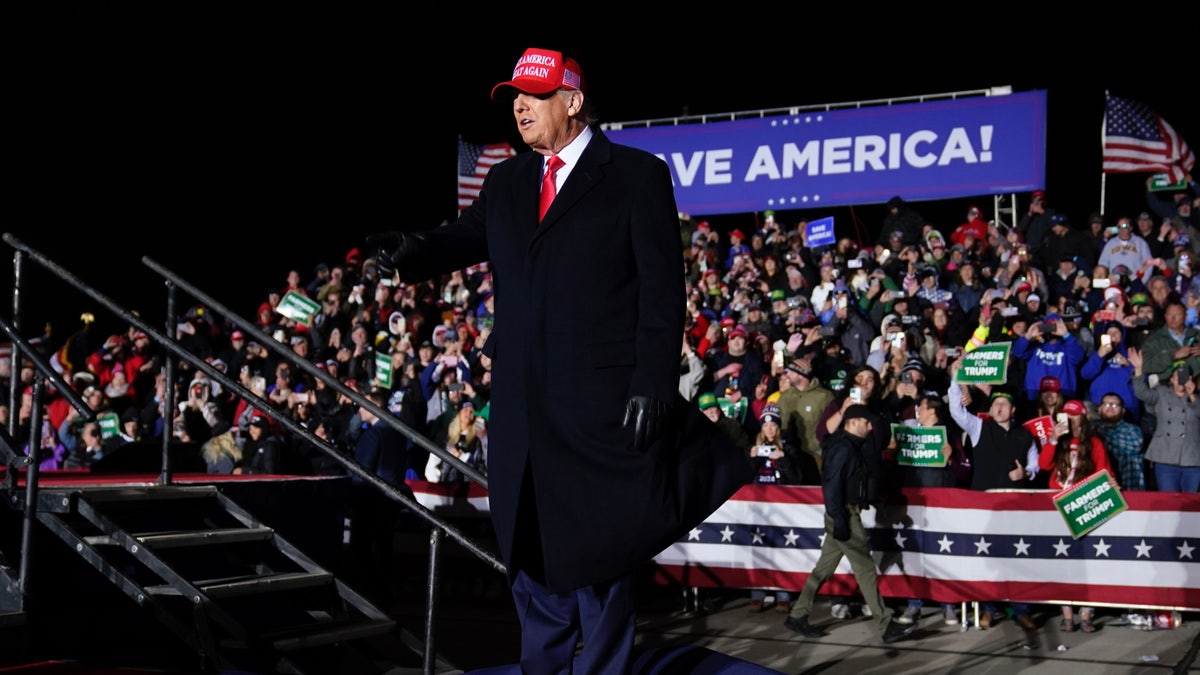
Political analysts suggest that this shift is not merely a temporary trend but a fundamental change in the state's political landscape. The Republican Party's focus on conservative principles has resonated with a significant portion of Iowa's electorate, while Democrats face challenges in regaining lost ground. Some suggest that Democrats need to focus on voter registration and engagement, particularly in areas they have previously overlooked, to counter this Republican surge.
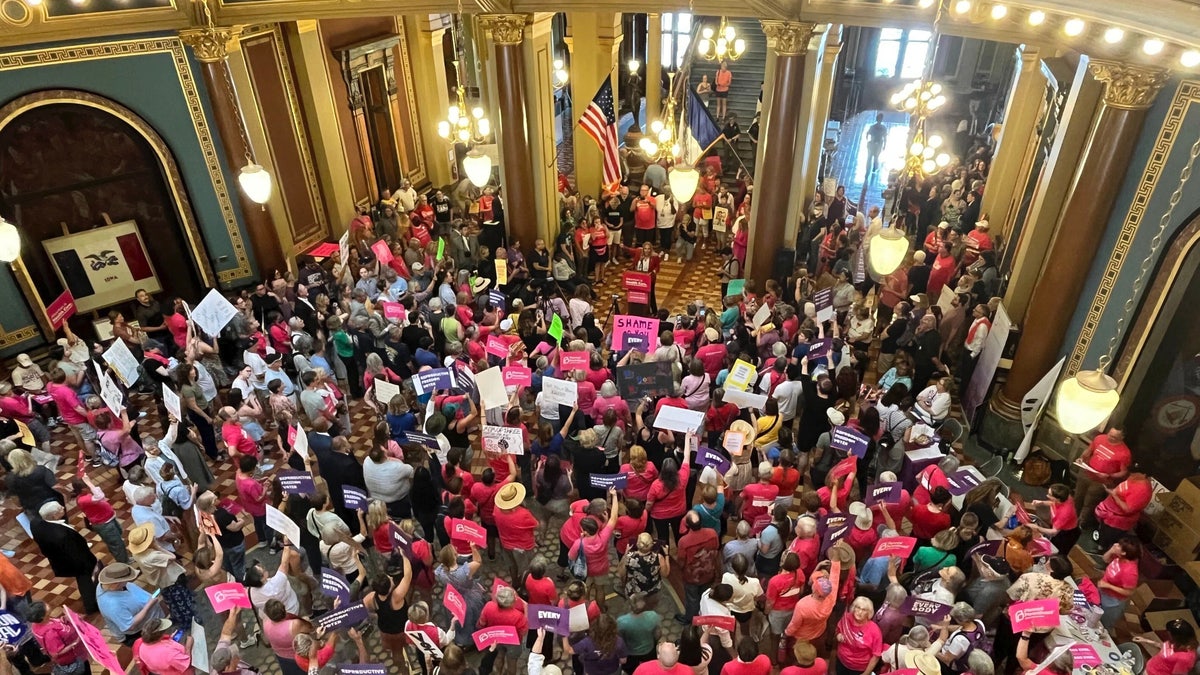
While Democrats hope the new abortion law might galvanize support in upcoming elections, the long-term impact remains to be seen. The political battle for Iowa's future will likely continue to be fiercely contested.




